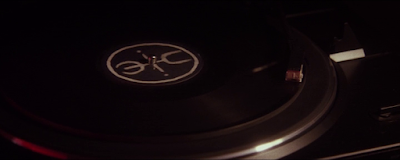With the exception of Eli Roth, no other filmmaker in the 2000s has divided horror movie fans more than hard rocker turned director Rob Zombie. People either love or hate his brand of grungy, white trash nihilistic cinema where he identifies with the antagonists rather than the protagonists, be it the Firefly clan in House of 1000 Corpses (2003), The Devil’s Rejects (2005), and 3 From Hell (2019), or Michael Myers in Halloween (2007) and its sequel (2009). With The Lords of Salem (2012), he created his first traditional protagonist only to place her in an unconventional film. Enjoying the most creative freedom he had since Rejects, he eschewed the gore and extreme violence of his previous films in favor of a heavy atmosphere of dread. Freedom from the constraints of a studio franchise (Halloween) emboldened Zombie to push himself as a filmmaker, creating a fascinating phantasmagorical experience.
As with his other films, Zombie acknowledges horror films from the past by casting its royalty with the likes of Dee Wallace, Judy Geeson, and Ken Foree in crucial roles, and blink-and-you’ll-miss-it cameos by Barbara Crampton, Michael Berryman, and Sig Haig. This isn’t simple stunt casting or a knowing wink to fellow horror genre fans, rather actors playing bonafide, lived-in characters.



